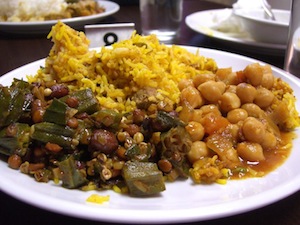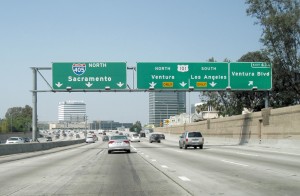We designed the Learning Guide to help you learn English better and faster. Get more vocabulary, language explanations, sample sentences, comprehension questions, and cultural notes.
Get the Learning Guide today by becoming a Basic or Premium Member!
…………
ON MONDAY
ESL Podcast 720 – Buying Office Furniture
In the Learning Guide: Get a full transcript (written version of every word you hear), vocabulary list and sample sentences, and comprehension questions.
In “What Else Does it Mean,” learn the other meanings of “you name it” and “solid.”
In the “Culture Note,” learn about “Specialized Office Furniture.”
“A typical office has a desk with a hutch, filing cabinets, and office chairs. But some jobs require “specialized” (serving a specific purpose) office furniture that helps the employees complete their work…” – READ MORE in the Learning Guide
…
ON WEDNESDAY
English Cafe 311
Topics: Ask an American – Concussions Affect U.S. Teen Athletes; customer versus client; overwhelming; exciting; discussion on/about
In the Learning Guide: Get a full transcript (written version of every word you hear).
In “What Insiders Know,” you will read about “Friday Night Lights.”
“Friday Night Lights: A Town, a Team, and a Dream is the story of a high school football team in Texas as it prepares to compete in the state “championship” (an important competition to determine which team is best)…” – READ MORE in the Learning Guide
…
ON FRIDAY
ESL Podcast 721 – A Widespread Epidemic
In the Learning Guide: Get a full transcript (written version of every word you hear), vocabulary list and sample sentences, and comprehension questions.
In “What Else Does it Mean,” learn the other meanings of “to come down with” and “alarmed.”
In the “Culture Note,” learn about “Worst Epidemics in U.S. History.”
“The worst epidemic in U.S. History was an outbreak of Spanish “influenza” (flu) in 1918. Although the flu normally lasts only a few days, causing “congestion”…” – READ MORE in the Learning Guide
 It’s here! The 2012
It’s here! The 2012 
 In
In 
